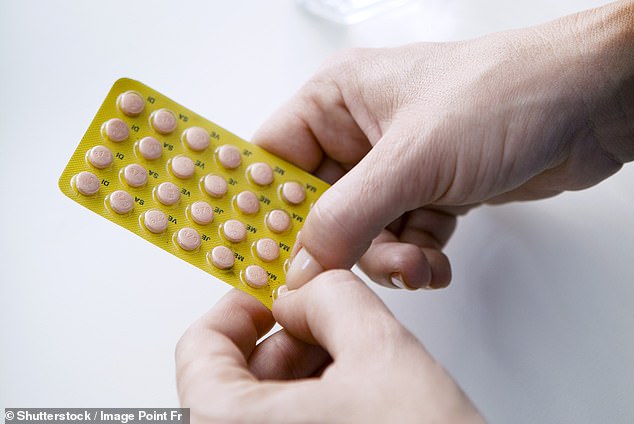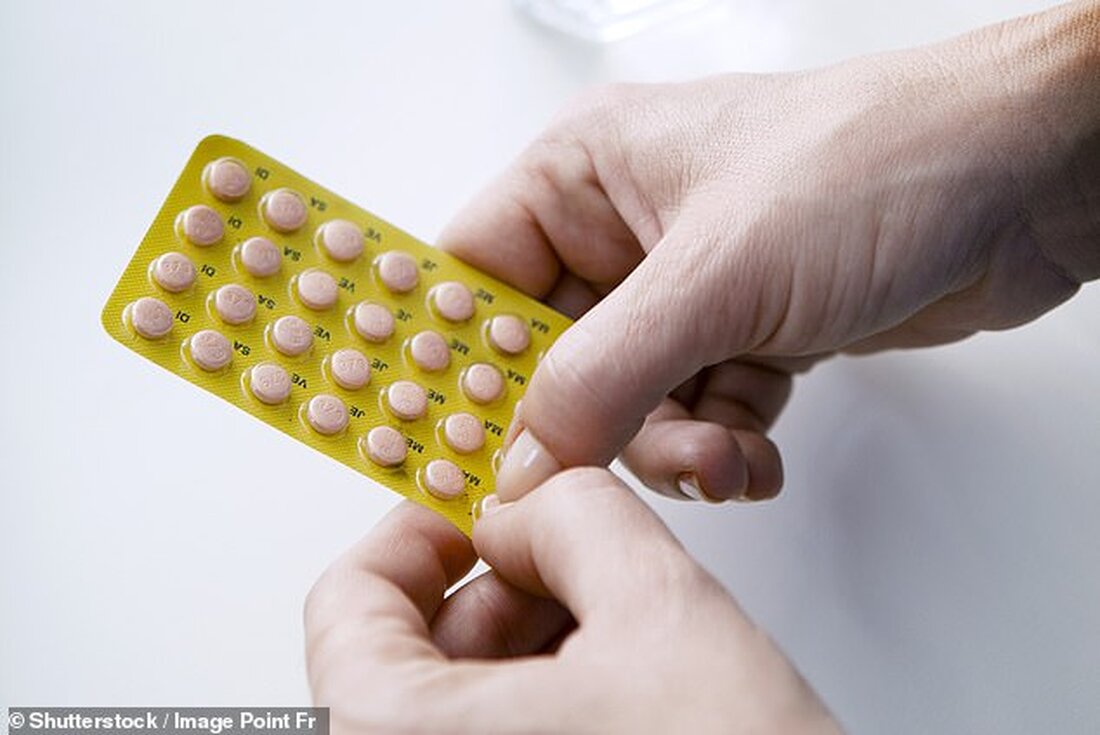With reports of women feeling suicidal and others becoming so overwhelmed by their menopausal symptoms that they jeopardized relationships and their ability to work, the knock-on effects of HRT shortages are significant by any measure.
But the chances of a quick solution seem slim. Health Secretary Sajid Javid announced at the weekend that he would appoint a hormone replacement therapy czar to try to tackle the problem, saying he would "urgently call a meeting with suppliers to look at how we can work together to improve care in the long term and short term".
But with the number of HRT prescriptions rising - they have doubled in five years and are now 500,000 a month in England alone - some manufacturers are struggling to meet this target.

With reports of women feeling suicidal and others becoming so overwhelmed by their menopausal symptoms that they jeopardized relationships and their ability to work, the knock-on effects of HRT shortages are significant by any measure
Much of the increased demand is attributed to the “Davina effect”. Following Channel 4's documentary last May, Davina McCall: Sex, Myths And The Menopause, in which the TV presenter revealed she uses an HRT patch and gel, GPs reported being "inundated" with new prescription requests.
She joined others to celebrate outside Parliament following the announcement last October that from April 2023 women will only have to pay a one-off prescription fee (£18.70) for HRT each year, rather than paying for multiple prescriptions throughout the year.
HRT - in the form of estrogen alone or in combination with progesterone - is given to restore declining levels of these hormones and to help with some of the approximately 30 symptoms that can occur as women approach and go through menopause. These can include insomnia, hot flashes, joint pain, heart palpitations and memory problems.
The current shortage affects some formulations of so-called “body-identical” estrogen-only HRT (which most women take in combination with separate progesterone formulations). These contain estrogen derived from yams or other plant sources, rather than synthetic versions of the hormones created in a laboratory.
The estrogen in body-identical formulations is known as 17-beta-estradiol. Some women prefer these more “natural” formulations because the hormones are identical to those in your body.

Health Secretary Sajid Javid announced at the weekend that he would appoint a hormone replacement therapy czar to try to tackle the problem, saying he would "urgently call a meeting with suppliers to look at how we can work together to improve care in the long term and short term."
The formulations of these products – in the form of a gel, cream or spray – are also considered safer than tablets. This is because the hormone enters the bloodstream directly rather than passing through the intestines and liver, where it can have a systemic effect and increase the risk of blood clots.
Shortages first became an issue in the UK in late 2018, mainly affecting Evorel estrogen-only and combination patches. This was partly due to increased global demand, with the manufacturer selling the same volume in the first six months of 2019 as it did in all of 2018. With Evorel accounting for 40 percent of the UK market at the time, this became a problem.
There are currently no reported shortages of Evorel - but now it is Estrogel, a popular estrogen gel (body identical), that is affected. The product's manufacturer, Besins Healthcare (UK) HRT, says it is "doing everything we can to manage, increase and accelerate supplies".
Other HRT products also became scarce. One was another gel, Sandrena, although the manufacturer said it was confident it would meet demand by the end of April.
Meanwhile, women are going to extraordinary lengths to try to get their regular HRT products - some meeting strangers in parking lots to exchange supplies, and others paying through the odds online to get HRT from the black market.
But there are alternatives to estrogel and Sandrena - as Haitham Hamoda, clinical director of the menopause service at King's College Hospital in London and chair of the British Menopause Society, told Good Health.
Estrogel could be replaced by a body-identical patch such as Evorel or Estradot or a spray, Lenzetto, “which provide an equivalent amount of estrogen with similar effects by delivering it through the skin.” Or tablets, Progynova and Elleste Solo, could be taken daily.
Some women rightly fear that their menopausal symptoms could return if they change medication.
Mr Hamoda says "it may take some trial and error" to find the right HRT product for each woman.
Another problem is that some doctors may not be familiar with all the other preparations available, says Mr. Hamoda.
Here (top right) we are looking at alternatives to the current shortage of body-identical HRT that only contains estrogen. You can find a comprehensive list on the British Menopause Society website and “show it to your GP,” suggests Mr Hamoda.

 Suche
Suche
 Mein Konto
Mein Konto

